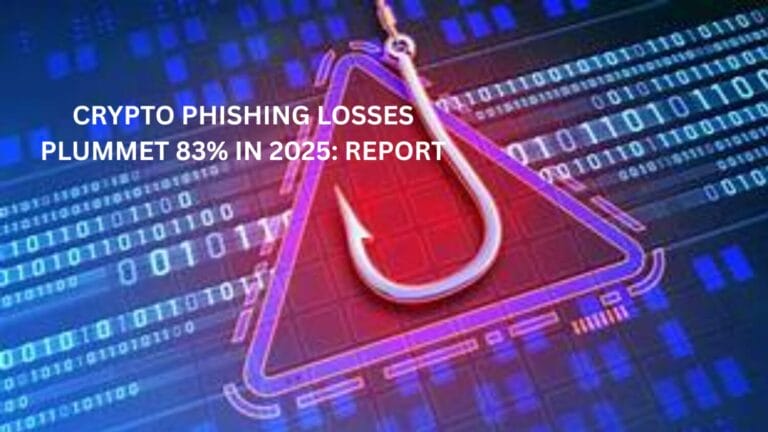Key takeaways:
- The SEBI of India has recommended that multiple regulators oversee crypto trading in the nation, according to documents obtained by Reuters.
- Government representatives sent the files to a committee entrusted with policy advice from the nation’s finance ministry.
The Securities and Exchange Board of India (SEBI) has recommended that multiple regulators oversee crypto trading in the nation, according to documents obtained by Reuters.
According to the documents, regulatory supervision of digital currencies, which are deemed a macroeconomic danger to India, should be handled by a section of India’s financial authorities. This stance is further supported by a separate document released by the Reserve Bank of India (RBI).
As reported by Reuters, government representatives sent the files to a committee entrusted with policy advice from the nation’s finance ministry.
In lieu of a single regulator handling digital assets, SEBI suggested that various authorities work together to supervise digital asset operations that fall within their purview.
SEBI will lead the proposed regulatory framework’s supervision of digital assets categorized as securities, financial product license issuance, and initial coin offerings. Parallelly, the RBI will oversee fiat-backed stablecoins, guaranteeing comprehensive monitoring of the digital asset market.
The Insurance Regulatory and Development Authority of India will manage insurance-related matters concerning crypto, while the Pension Fund Regulatory and Development Authority will address pension-related issues involving digital assets. Investor disputes will be resolved under the Consumer Protection Act of India.
The RBI is less optimistic about crypto. Sources with knowledge of the situation claim that the RBI favors outlawing stablecoins.
The agency also highlighted that voluntary compliance is necessary for decentralized peer-to-peer crypto transactions, which might threaten economic stability. It also voiced concern over the possibility that digital assets will be used for tax evasion.
Additionally, according to the RBI, central banks may see a decline in their revenue from money creation due to crypto.
India has been changing its legal system to incorporate digital assets. In December 2023, the nation blocked the foreign crypto exchanges’ mobile applications and URLs for domestic users after sending 15 non-compliant notifications.
The only exchanges granted permission to resume operations by the Financial Intelligence Unit (FIU) were KuCoin and Binance. The Indian government recently urged the G20 countries to work together to regulate digital assets.










